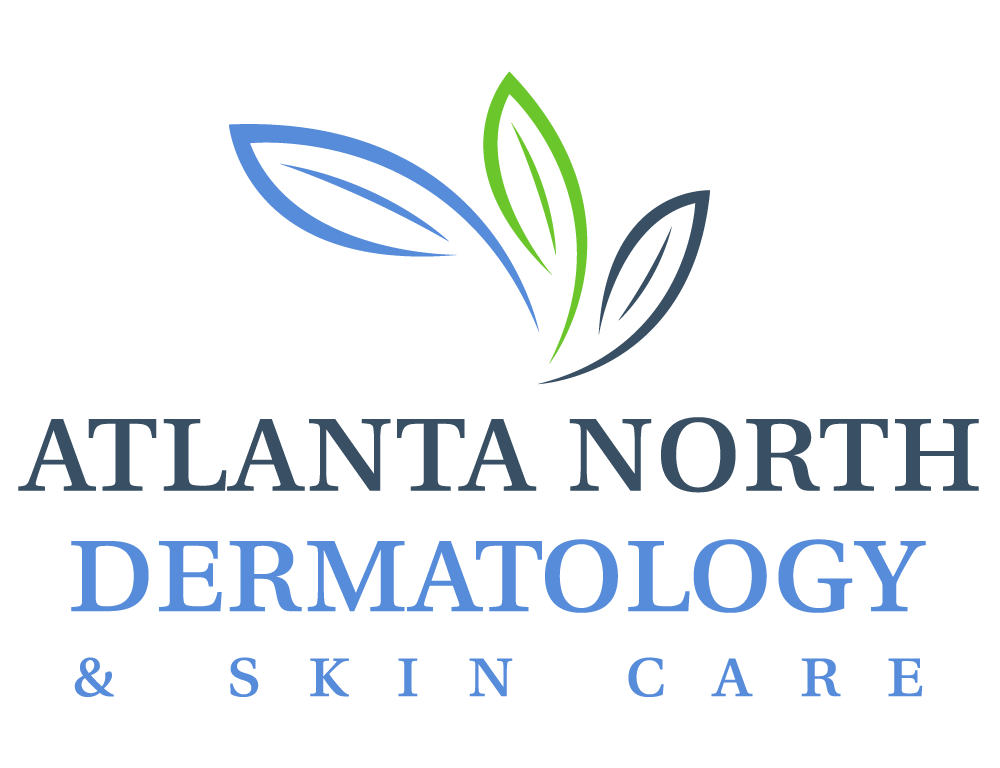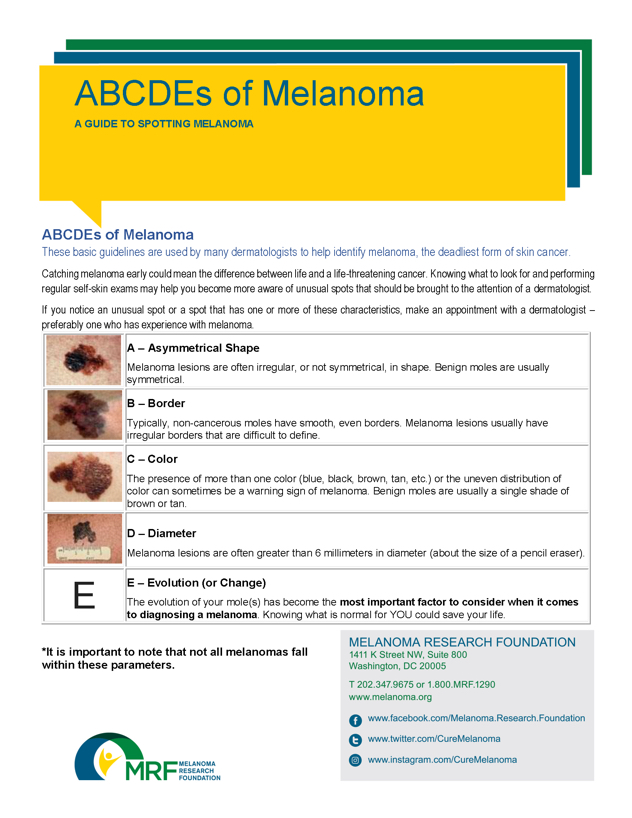We provide comprehensive dermatology services related to all aspects of skin disorders, including:
|
|
Skin Cancer
What Is Skin Cancer?
Skin cancer is the out-of-control growth of abnormal cells in the epidermis, the outermost skin layer, caused by unrepaired DNA damage that triggers mutations. These mutations lead the skin cells to multiply rapidly and form malignant tumors. The main types of skin cancer are basal cell carcinoma (BCC), squamous cell carcinoma (SCC), melanoma. The two main causes of skin cancer are the sun’s harmful ultraviolet (UV) rays and the use of UV tanning machines. The good news is that if skin cancer is caught early, your dermatologist can treat it with little or no scarring and high odds of eliminating it entirely. Often, the doctor may even detect the growth at a precancerous stage, before it has become a full-blown skin cancer or penetrated below the surface of the skin. Read More
Early Detection Can Save Your Life!
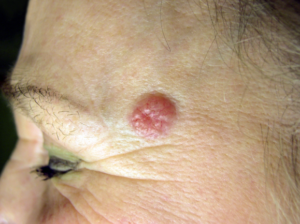
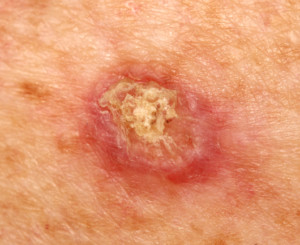
Photodynamic Therapy
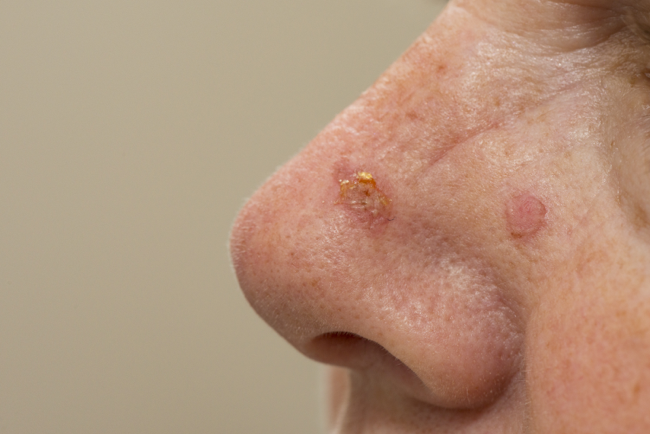 Photodynamic Therapy (PDT) is used to treat pre-cancerous lesions, also known as Actinic Keratosis. It is important to treat these lesions as some of them may progress to squamous cell carcinoma (SCC), the second most common form of skin cancer. This therapy has been been FDA. PDT therapy involves three steps. First step is “the application” of Levulan (Aminolevulinic Acid 20%) to the skin followed by “incubation”, where the medication sits on the skin for 1-2 hrs. Then the blue light is applied to the area to “activate” the medication. This therapy has been FDA approved.Possible side effects of this treatment include discomfort, burning, swelling, blistering, redness and possible skin peeling, especially in any areas of sun damaged skin and pre-cancers of the skin. The peeling may last about one week especially if you have an exuberant response to the treatment. This therapy is not appropriate if you have certain conditions, such as being pregnant or having a photosensitivity disorder (such as lupus or porphyria), or if you are taking certain medications (or other vitamins or herbs) that may have photosensitizing agents. Following the treatment, you should avoid direct sunlight for at least 48 hours, including being exposed through windows.
Photodynamic Therapy (PDT) is used to treat pre-cancerous lesions, also known as Actinic Keratosis. It is important to treat these lesions as some of them may progress to squamous cell carcinoma (SCC), the second most common form of skin cancer. This therapy has been been FDA. PDT therapy involves three steps. First step is “the application” of Levulan (Aminolevulinic Acid 20%) to the skin followed by “incubation”, where the medication sits on the skin for 1-2 hrs. Then the blue light is applied to the area to “activate” the medication. This therapy has been FDA approved.Possible side effects of this treatment include discomfort, burning, swelling, blistering, redness and possible skin peeling, especially in any areas of sun damaged skin and pre-cancers of the skin. The peeling may last about one week especially if you have an exuberant response to the treatment. This therapy is not appropriate if you have certain conditions, such as being pregnant or having a photosensitivity disorder (such as lupus or porphyria), or if you are taking certain medications (or other vitamins or herbs) that may have photosensitizing agents. Following the treatment, you should avoid direct sunlight for at least 48 hours, including being exposed through windows.
